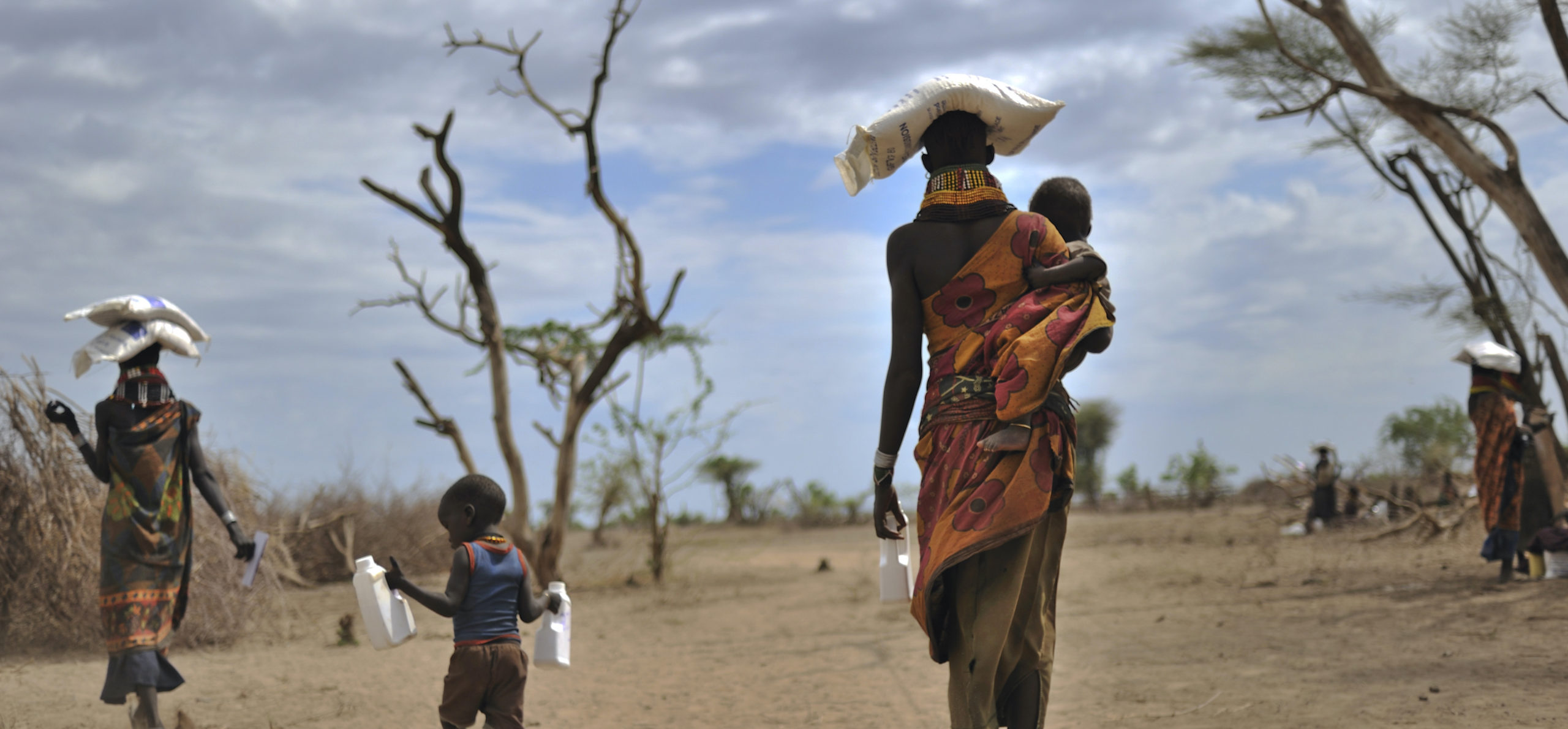Will the war in Ukraine also provoke a food crisis in Africa? Since the beginning of the Russian invasion of Ukraine there has been significant media coverage on how the conflict could lead to food shortages in Africa. Coverage in CNN and African Arguments has pointed to the significant food imports which enter Africa — a net food importer — from both Russia and Ukraine. Given that a cumulative $6.9 billion worth of agricultural products are imported from these two countries, the war poses significant problems for the African continent.
Nevertheless, it’s a mistake to think that Vladimir Putin’s invasion of Ukraine is the sole cause for what may be one of the defining issues of 2022: massive inflation of basic goods and associated hunger to go with it. The fact is that for several months prior to the Russian invasion, analysts had been warning of major food price inflation and associated hunger in Africa.
The spiralling inflation of food prices was already noted on the global market by analysts five months ago. A report in October from the UN Food and Agriculture Service said that food prices had hit their highest prices for a decade. This was caused by supply bottlenecks that were linked to shortages of labour and raw materials produced when the global economy ground to a halt in 2020. This, combined with the global debt crisis in Low Income Countries resulting from the economic collapse of 2020, meant that governments could not insulate their populations from rising food prices.
Indeed, in spite of the attention now being given to the impact of the War in Ukraine on food prices in Africa, the past month has seen a slew of reports announcing that the crisis is already here. “We are sitting on something very explosive”, said Arif Husain, chief economist at the U.N.’s World Food Program, on 15th February, adding that 120 million people in Africa are now facing a food crisis. A report from Nigeria the following day noted that a shortage of fuel supplies meant the cost of transportation was doubling or tripling in some cities, creating severe inflation of 17% in the price of basic foods.
These shortages have already contributed to political disorder on the continent. There have been coups in Guinea (September 2021) and Burkina Faso (in January), and an attempted coup in Guinea-Bissau last month. If fighting in Ukraine intensifies, we can expect further tensions.
All these conditions were thus in place well before the Russian invasion. Certainly, there’s no doubt that the conflict in Ukraine is exacerbating them: recent reports speak of a further surge in fuel prices on the continent, and the potential for associated price increases. But given how much this crisis relates to the global pandemic response in 2020, what we may also be witnessing is the beginning of Covid revisionism. That, in short, it’s a lot more comfortable for media outlets to blame impoverishment in Africa on Vladimir Putin, than to recognise that he has exacerbated an already catastrophic situation promoted by Western media and politicians over the past 2 years.











Join the discussion
Join like minded readers that support our journalism by becoming a paid subscriber
To join the discussion in the comments, become a paid subscriber.
Join like minded readers that support our journalism, read unlimited articles and enjoy other subscriber-only benefits.
Subscribe